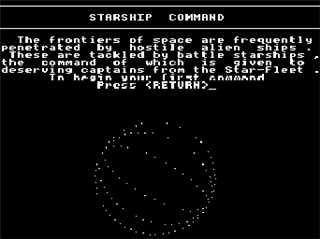Although I am not officially diagnosed Aspergers although I'm 99.9% confident I am and still awaiting my first assesment I cannot help but think my love for Mathematics and Computers and playing chess could be related possibly to being an Aspie.
I have always found Maths interesting and although never an expert on it would consider myself good at it. Last Semptember I enrolled on a Maths GCSE course at my local college it lasted about 9 months I skipped a few weeks and end of year revision classes but still managed to pass and found out only 22% of adults aged 17+ actually passed the maths GCSE this year so I was really proud when I got my results a few weeks ago.
I also enrolled on an computer course level 1 and passed this too all with working full time and living with a wife and kids. It was hard and stressful mind as I couldn't find my much needed time out but the enjoyment of working my brain made it worth while. I don't know if any of you are the same but I love working things out or fixing things or playing games console to keep my mind ticking feels great.
Anyway I also love chess I was in chess club at school and even beat a chess player whilst on holiday who kept bragging he was the "chess master". I find it hard playing chess on a games console for some reason and alot easier on the actual board game maybe because I'm up close and get a better view.
Anyway my point of this short story is I'm thinking maybe why I excel at things I enjoy could be related to being an Aspie and it would make sense.
Do any others on here enjoy Mathematics, Computers and Chess?




